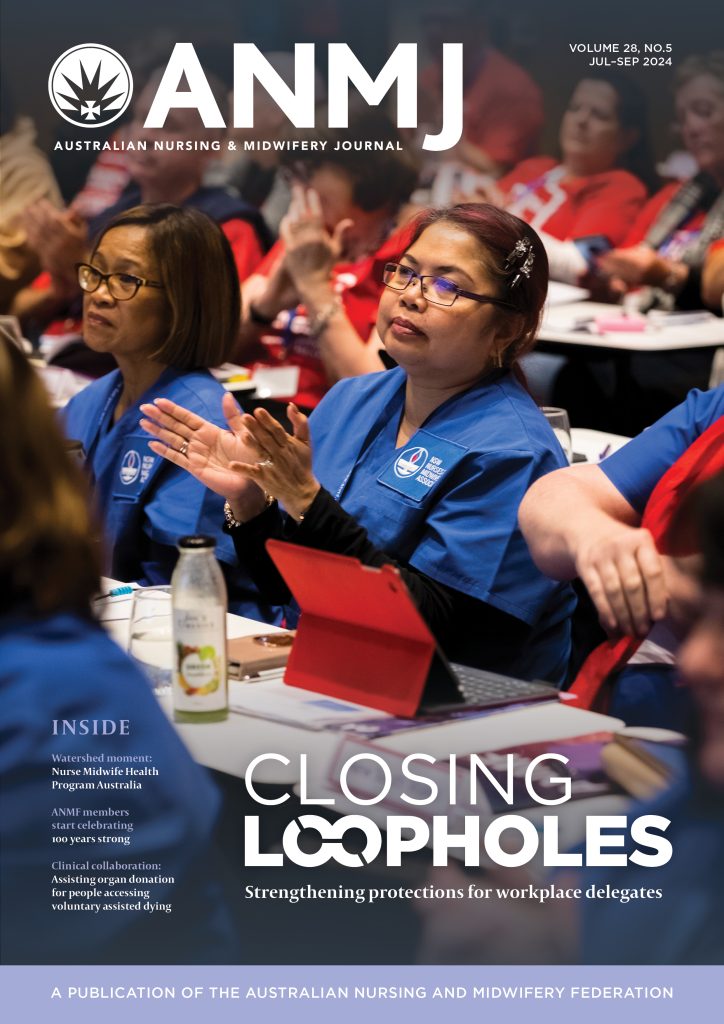Upskilling registered nurses for clinical supervision could help improve the quality and consistency of nursing students’ clinical placement experiences, according to a recent paper.
With evidence showing that nursing students’ placement experiences can be improved, researchers from across Australia set out to explore options for upskilling RN clinical supervisors to fill the gaps and enhance the learning experience.
For example, one way to improve learning experiences could be to offer clinical supervisors formal and informal professional education programs specific to the professional nursing context in Australia to better support students’ clinical learning.
Researchers argue upskilling registered nurse clinical supervisors should be a priority on the national agenda of improving students’ clinical learning experiences.
According to the paper, longstanding challenges for clinical supervisors include the administrative requirements of the job, completing students’ clinical assessments, preceptor fatigue, poor recognition of the role and the disparity between stakeholder expectations of the role.
“Such expectations require the RN clinical supervisor to negotiate, sometimes at an advanced level, with peers and nursing managers, in order to keep students and patients safe. As such, it appears RN clinical supervisors may benefit from some educational preparation for the role,” researchers state.
Researchers say there is a range of educational preparation of Australian RN clinical supervisors, including postgraduate study programs offered and informal education offered by healthcare organisations.
A recommendation of the independent review of Australian nursing education calls for national nursing governing bodies, ANMAC and the NMBA, to implement accreditation systems of host organisations offering nursing student clinical learning.
Instead, researchers propose a credentialing program as a cheaper and possibly more effective alternative, and encourage RNs to voluntarily upskill for their clinical supervisor roles. Certification could also enhance recognition of the important role RN clinical supervisors undertake.
“This could be a positive step in upskilling Australian clinical supervisors to overcome the known challenges they are faced with when supervising nursing students.”
Researchers concluded there is a need for further investigation into RN clinical supervisor benefits for engaging with formal and educational preparation, and the impact such preparation has on student clinical learning.
“Credentialing could serve to identify RN clinical supervisors who can demonstrate advanced practice and capabilities in clinical teaching. Recognising excellence in clinical supervision through credentialing processes could improve nursing students’ clinical placement experiences.”
Read the full paper here









